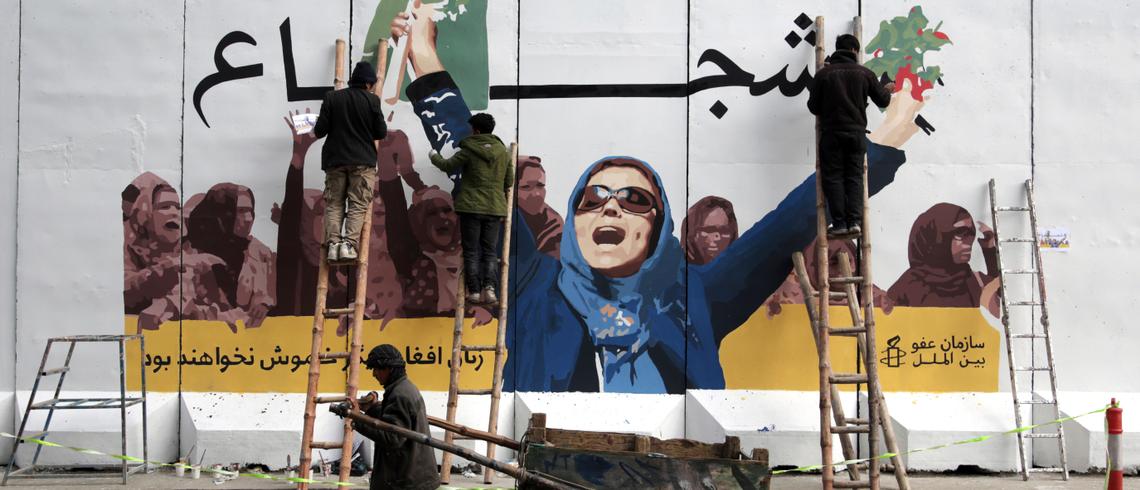On the morning of Sept. 12, just hours ahead of a historic meeting between the Afghan government and the Taliban, a short note, written in Dari, was posted on the insurgent group’s website. It attempted to explain why, even after months of delay, the Taliban negotiations team did not include Afghan women.
“[Women] were not directly involved in the war,” the statement read. “In accordance to the Islamic customs of the Afghan society, [and] to protect their honour and dignity, we did not consider it necessary [to include them],” it explained. The statement further went on to criticize the Afghan government for “using women as tools to appease the West.”
A few days later, amid talks that included five Afghan women who were part of the government’s team, Taliban negotiators told CBS News that while they would now accept a few women in government, they would not “support a female prime minister, or a woman on the country’s high court.”
After decades of fighting, Afghans are now thirsty for peace, and the current talks in Doha, Qatar, bring hope to a generation that have not known a day without conflict. In a way, the negotiations themselves represent a major milestone toward ending decades of war in Afghanistan. Still, for many Afghan women, these justifications and accommodations for the talks aren’t just deeply unsatisfactory, they also represent a potential omen of things to come. The Taliban was sending a message that the presence of women at the talks were merely being tolerated and that any pact should raise concerns about the future of Afghan women.
Even as the two parties engage in talks for peace, violence in Afghanistan has continued to rise, disproportionately affecting women. Despite the deal signed between the U.S. and the Taliban earlier this year, there has been a steady rise in civilian casualties resulting from the violence inflicted by both sides.
Read full piece on Globe and Mail
